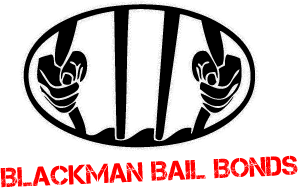 Getting arrested comes with many complex legal words you have to learn quickly. Among the most important things you should understand is what is the difference between bail and bond.
Getting arrested comes with many complex legal words you have to learn quickly. Among the most important things you should understand is what is the difference between bail and bond.
That gets confusing once you must secure a “bails bond” as some may misunderstand it as being a third separate item. Unfortunately, most people don’t have a law degree, and verbiage can soon get crossed and used interchangeably.
Understanding What Bail Is
When you receive a bail amount, it means that a judge has determined that, if you can secure a specified amount of money, you can get released from jail until your trial begins. Unfortunately, if you can’t obtain these funds, you’re going to remain behind bars until your court date.
Not everyone who becomes charged will receive a possible bail amount. If a crime is severe enough, or if an alleged criminal has a history of violent crimes, a judge may deem them unfit for release.
The court will hold on to the bail amount as an incentive for them to show up to their trial. Once it has finished, they will receive their money back; otherwise, it gets forfeited.
What is a Bail Bond?
The other half of the equation to understanding what is the difference between bail, and bond, is knowing what amount you owe and to whom. When you receive a court date, there are multiple factors a judge uses to determine what your bail amount should remain.
More often than not, this is an amount in the thousands of dollars. Even if you have the means of obtaining the necessary cash, you may not receive it in time, or you just might not have enough assets to cover it.
When you are unable to “make” bail, you wind up staying in jail until your trial begins. Unfortunately, with how slow the justice system remains, that could be months or even years.
Instead, a bail bonds service provider will take a percentage of the total bail amount, usually around 10%, and they will cover the rest. That means that your bond is similar to a traditional loan, only for a specific need.
If a judge sets your bail at $10,000, for example, you would owe your service provider $1,000 as the premium amount of your loan. Make sure you understand your contract before signing it.


